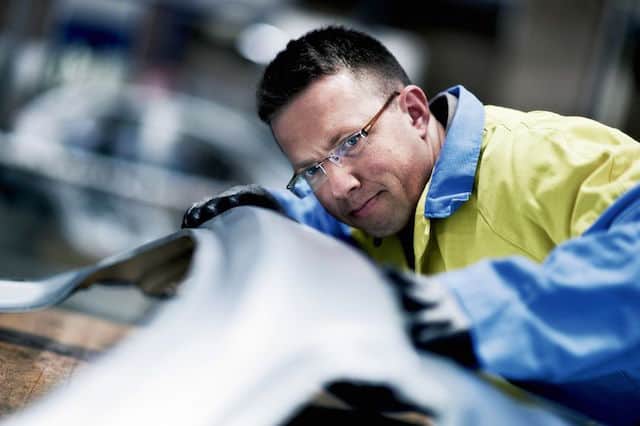
The sale includes two mills in Teesside, an engineering workshop in Workington, a design consultancy in York, and associated distribution facilities, plus a mill in northern France.
Hans Fischer, chief executive of Tata Steel’s European operations, said: “Under these current challenging market conditions in Europe with the soaring levels of imports from China, we are happy that Tata Steel UK and Greybull Capital have entered the final stage of completion of the sale of shareholding in Longs Steel UK.
“This transaction will offer a future for the Long Products Europe business and its 4,400 employees in the UK.”
According to Tata Steel UK, the deal will conclude once a number of outstanding conditions have been resolved, including transfer of contracts, certain government approvals and the satisfactory completion of financing arrangements.
The Long Products Europe business employs 4,800 people, with 4,400 in the UK and 400 in France.
Gareth Stace, director of UK Steel, said: “This is clearly good news for the British steel sector, and I hope it will provide a much needed boost for steelmaking in the UK.
“A long term investor is needed, in the very short term, for the remainder of the whole of the Tata Steel UK business, including Port Talbot. We must also remember that the crisis that we are in is not confined to just the Tata Steel businesses, but the sector as a whole.
“In order to help make the Long Products Europe business a success, as well as the steel companies across the UK, we still need government to…take every action possible to ensure British steel can once again complete on the global market place.
“This includes pushing the European Commission to continue its steel dumping investigations ensuring that tariffs are set at an appropriate level.”





Glasgow trial explores AR cues for autonomous road safety
They've ploughed into a few vulnerable road users in the past. Making that less likely will make it spectacularly easy to stop the traffic for...